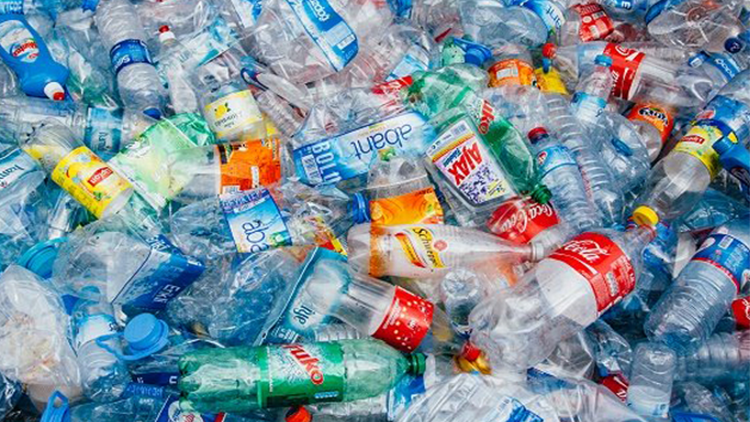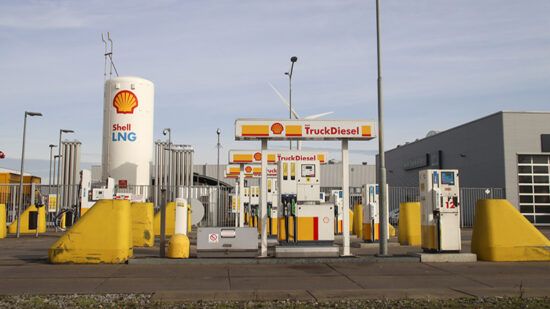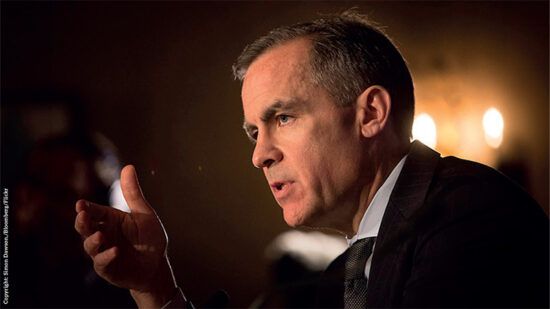Sustainability and climate change are high on the agenda for the government and many corporations this year. The Biden administration has discussed imposing new rules that would require companies to disclose the financial impact of climate risk on their businesses. But it’s not just regulators that are asking companies to be more sustainable. Consumers are making it clear that they expect the companies they support to be environmentally friendly, meaning these new regulations might help some companies drive growth.
According to GreenPrint’s Business of Sustainability Index, more than three-fourths (77%) of Americans stated they are concerned with the environmental impact of their purchases, and nearly two-thirds (64%) are willing to pay more for sustainable products. A majority of Americans demand sustainability over harmful, cheaper alternatives.
And these numbers aren’t empty words representing a vague concern for the Earth’s wellbeing. Consumers are taking action with their wallets. 73% consider a product’s environmental friendliness as an important factor in their purchasing decisions, and 78% report that they are more likely to purchase a product that is clearly labeled as environmentally friendly. Climate change, it would appear, plays a strong role when people are walking down the aisle of a grocery store or pharmacy.
So the upshot is clear, companies ought to invest in sustainability if they want to capture more customers. They should swap plastics for recycled materials, encourage less travel to the office and to client sites, and run their storefronts on renewable energy and compost waste. But even a strong commitment on all of these things might not actually drive business as much as the initial consumer preference data suggests. While consumers want to buy environmentally friendly products, three-quarters of Americans (74%) don’t know how to identify them. And they often don’t trust what companies tell them.
There are a number of valid reasons for consumer confusion. For one, terms like ‘sustainable’ and ‘eco-friendly’ are non-specific, so it’s difficult to judge exactly what they entail (you could think of them as the climate change version of ‘organic’). It’s often hard to parse out how much of a concrete difference you’re making by choosing to buy a product advertising with these terms. This is not to say they are bad or ineffective, but perhaps more specific information or better labeling is required.
Distrust is an even bigger problem. 53% of Americans say they have doubts when companies claim to be environmentally friendly. Even if you’re getting your message across, it might not resonate.
So how do businesses convince that large swath of consumers who want to buy more sustainably but who fail to identify or trust their options in doing so? The answer is not a speech from the CEO or a charitable donation. Only 11% and 29%, respectively, think those actions validate a company’s environmental claims. Rather, 45% of Americans need a third-party validating source to confirm how sustainable a company is.
This begs the question – what third-party source? There are plenty of companies that can help certify sustainability data, and there are sustainability reporting standards that help put environmental impact into comparable contexts.
Carbon offsets offer one of the most straightforward solutions. Carbon offsets are, by definition, third-party validated. They allow you to connect customers with a third party who shrinks their carbon footprint, so products and services clearly tied to carbon offsets express a trustworthy and verifiable commitment to sustainability. Understanding this, more than half of Americans (56%) say they’d use a credit card that was able to calculate and offset the environmental footprint of their purchases, even if it led to extra fees. Three-quarters of Americans would switch gas or packaged goods brands if they were offsetting emissions.
Ultimately, our findings for business weren’t as simple as ‘just go green!’ – but they weren’t far off. Businesses can and should benefit from being more sustainable, but to earn new customers through this effort, they’ll need third-party validation and a strong, differentiated message to express their commitment. Americans are searching for ways to reduce their impact on climate change, and we could all profit from helping them out.
Pete Davis is CEO and co-founder of GreenPrint.








